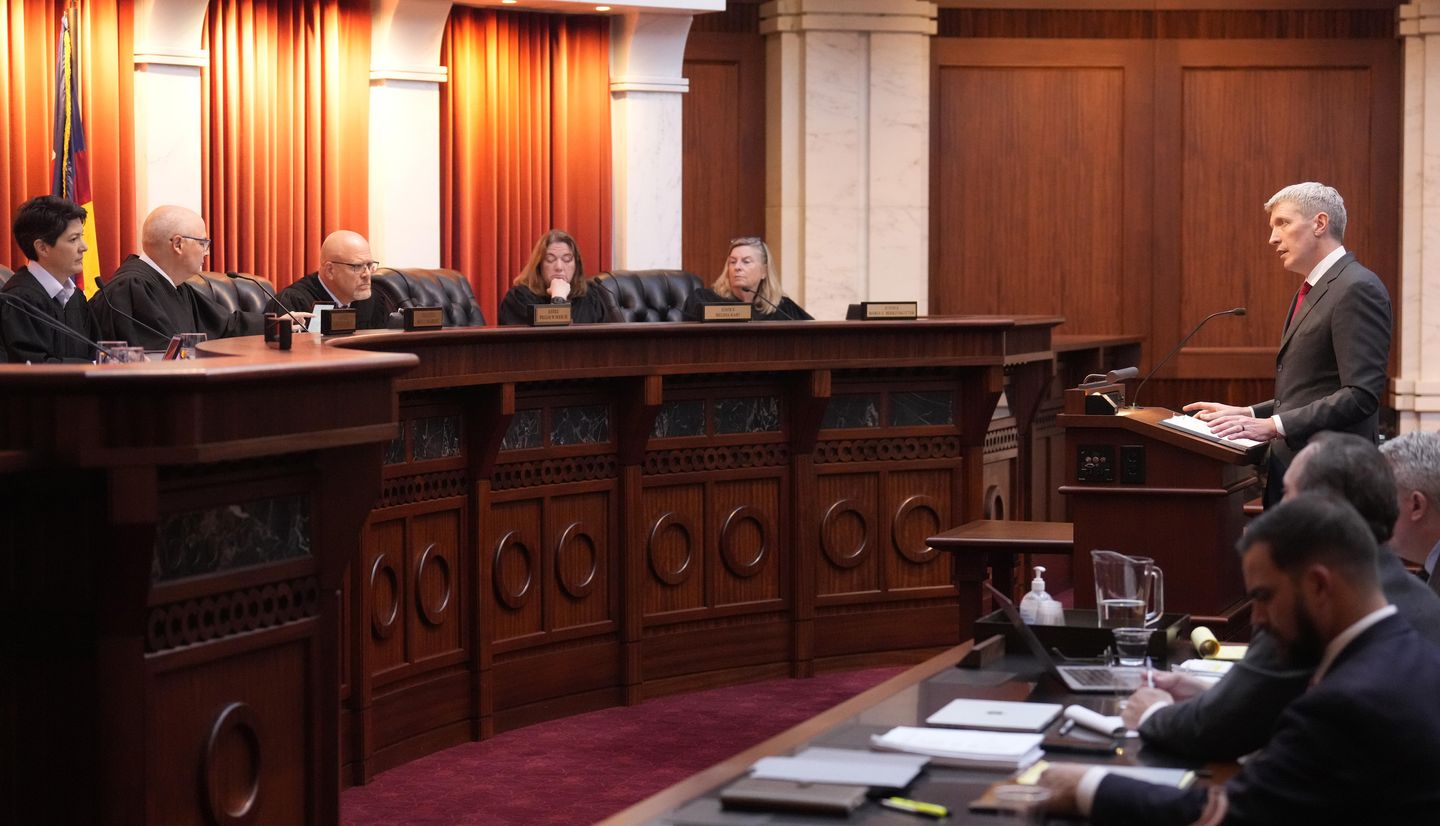OPINION:
One day before the anniversary of the secession of South Carolina in 1860, the Colorado Supreme Court decided that now seemed like a good time to vitiate the likely choice of over 1 million voters.
The court struck Donald Trump’s name from the ballot, because his presence would contravene Section 3 of the 14th Amendment, a provision meant to keep Civil War-era rebels from holding public office.
It is tempting to conclude that the Colorado Supreme Court is an island of unwise and dangerous people, but the reality is that a number of states are considering the same sort of approach.
Even legal scholars like William Baude, a professor at the University of Chicago and a former clerk for U.S. Chief Justice John Roberts, and Michael Stokes Paulsen, a Federalist Society contributor, made a similar argument recently in the Pennsylvania Law Review. J. Michael Luttig — a retired federal judge appointed by George W. Bush — and liberal Harvard professor Laurence Tribe echoed the sentiment in a recent article in The Atlantic.
Unfortunately for those who would short-circuit the electoral process, neither Mr. Trump nor his numerous supporters have even been charged with insurrection let alone found guilty of it, even though the Department of Justice and various prosecutors across the nation have had several opportunities to levy the charge.
Legally, it seems unclear how anyone could credibly claim that Mr. Trump is guilty of insurrection or of treason, which consists of giving aid or comfort to the enemies of the United States.
Ballot disqualifications are the ultimate attack on democracy. A candidate who has not been found guilty of a crime in a court of law has been removed from the ballot not because of any defect in petitions or other requirements associated with getting on the ballot, but essentially because unelected state officers decided they do not approve of his candidacy.
If the Colorado decision is allowed to stand, the notion that the United States is a republic characterized by popular sovereignty and reliant on the will of the people for its legitimacy would be finished.
Of more immediate import, an election in which ballot disqualification is allowed would be illegitimate and could lead to mass civil disobedience or even widespread violence. You can’t disenfranchise 80 million people — most of whom are already convinced that the legal and economic systems are working energetically against them — and expect them not to resist.
Such resistance would be warranted.
Advocates for disqualification need to think carefully about where their preferred course of action would take us. Apart from its lack of grounding in anything resembling American law, it will make the United States ungovernable for years.
In 1860, the secession of South Carolina started a chain of events that resulted in the deaths of more than 600,000 people and the wholesale destruction of about one-third of the nation. The long and terrible shadow of the Civil War has affected almost everything the United States has done since.
Conflict within and between states now would be much more lethal and much more damaging. Elected officials, judges, and the rest of us need to tread lightly.
Copyright © 2023 The Washington Times, LLC.
Click
here for reprint permission.
Please read
our comment policy before commenting.










